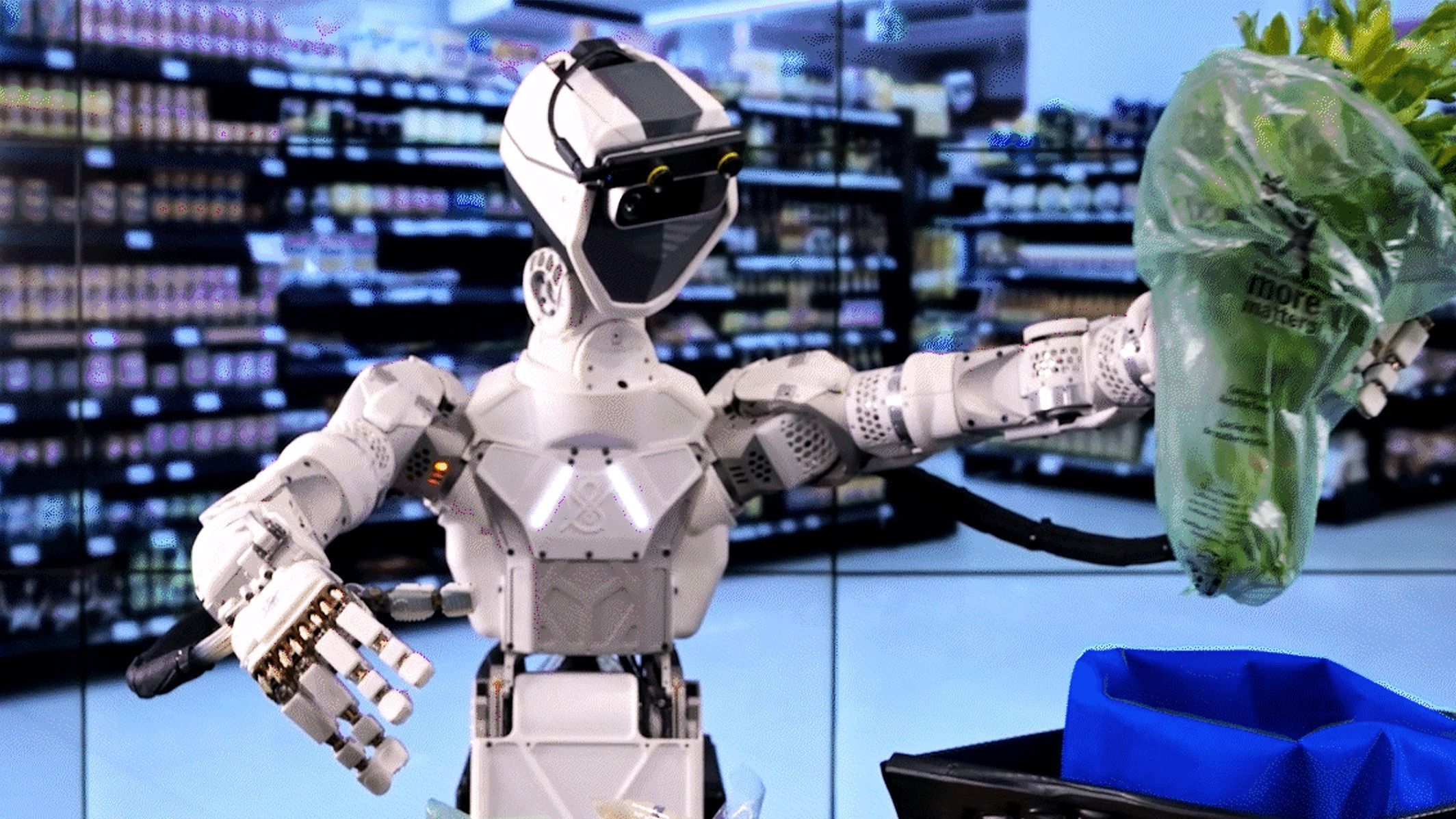As humanity navigates the undulating tides of technological advancement, questions surrounding the potential displacement of jobs by artificial intelligence and robotics loom larger. The Baha’i teachings, with their profound emphasis on the unity of humanity and the spiritual dimensions of human existence, offer a unique lens through which we can explore this pressing issue. In this discourse, we delve into the implications of robotics on employment through a Baha’i perspective, drawing upon the principles of justice, ethics, and the inherent dignity of work.
To begin with, the Baha’i principle of the oneness of humanity serves as an essential backdrop. Society mirrors a grand, diverse tapestry woven together with threads of various colors and textures. The introduction of robots into the workforce is akin to the arrival of new colors that can either harmonize with, or disrupt, the existing patterns. Despite the fears of job displacement, this principle asserts that progress ultimately benefits all of humanity, promoting collective advancement and ensuring that every individual has access to opportunities for meaningful engagement and contribution.
Moreover, the Baha’i teachings emphasize that work, when approached with the right intention, is a form of worship. From this vantage point, labor is not merely a means to an end; it becomes a noble endeavor that nurtures the soul. The notion of work transcends the transactional, urging individuals to seek fulfillment and purpose in their daily tasks regardless of the tools at their disposal. If robots assume responsibilities traditionally held by humans, the question shifts. Rather than fearing this transition, we must consider how we can redefine work itself, encouraging pursuits that cultivate creative expression, problem-solving, and interpersonal connections—qualities that machines, at least for the foreseeable future, cannot replicate.
Furthermore, the evolving relationship between robots and the workforce invites a reevaluation of educational priorities. The Baha’i teachings advocate for the development of a universal education system that equips individuals with the skills necessary for a rapidly changing world. As automation increasingly permeates industries, the imperative becomes clear: we must prioritize the cultivation of critical thinking, adaptability, and emotional intelligence—traits that remain critically important in the workplace. With a forward-thinking educational framework, we can prepare future generations to navigate the shifting sands of employment, fostering a society that is resilient and equipped to embrace innovation.
In contemplating the societal structures that govern our economies, the Baha’i teachings advocate for justice and equity. The potential for automation to exacerbate economic disparities is a pressing concern. Robots and artificial intelligence can facilitate efficiency and productivity, but without thoughtful governance, such advancements may disproportionately favor those already in positions of privilege. Thus, there arises a profound responsibility to establish frameworks that ensure the equitable distribution of wealth generated through automation. This echoes the Baha’i imperative for social justice and the essential need to consider the welfare of all, especially the most vulnerable, in our pursuit of progress.
Another critical aspect of this inquiry revolves around the concept of cooperation. Baha’i teachings emphasize collaboration over competition, a sentiment that resonates strongly in the context of technological innovation. As workforce dynamics shift, there emerges an opportunity for synergistic relationships between humans and robots. Rather than viewing machines as rival entities vying for employment, we can approach this partnership as an amalgamation of strengths, where human intuition and creativity complement robotic efficiency. Such collaboration can lead to the emergence of novel industries and professions that we have yet to imagine, expanding the horizons of human potential.
As we explore pathways toward a harmonious coexistence with technology, it is imperative to consider the ethical dimensions of robotic integration into our lives. The question of moral responsibility emerges: who is accountable for the actions and consequences of autonomous systems? A Baha’i perspective instills a profound sense of ethics in our interactions with technology, urging developers and society to engage with robots thoughtfully. By fostering an ethical framework that prioritizes human dignity and welfare, we can nurture an environment where technology serves as an instrument of human flourishing rather than as a source of alienation and strife.
Having considered these multifaceted themes, we must also anticipate the potential spiritual ramifications of this technological revolution. The Baha’i faith speaks to the spiritual capacities of humanity, suggesting that we are not defined merely by our economic contributions, but by our ability to cultivate virtues such as compassion, justice, and cooperation. The advent of robotics may challenge traditional notions of identity and self-worth, compelling us to explore deeper aspects of existence. As we embrace change, it is crucial to retain an awareness of our spiritual nature, ensuring that our technological pursuits align with the higher aspirations of humanity.
In conclusion, the Baha’i teachings provide a rich and nuanced framework for understanding the implications of robots on employment and society. Instead of succumbing to fear and anxiety, we are invited to engage with this changing world through a lens of collaboration, justice, and spiritual development. Recognizing the potential of technology to enhance human capability rather than diminish it allows us to cultivate a future where both human and robotic contributions coexist harmoniously. As we journey through these turbulent waters, may we remain steadfast in our commitment to unity, progression, and the upliftment of all humanity.
